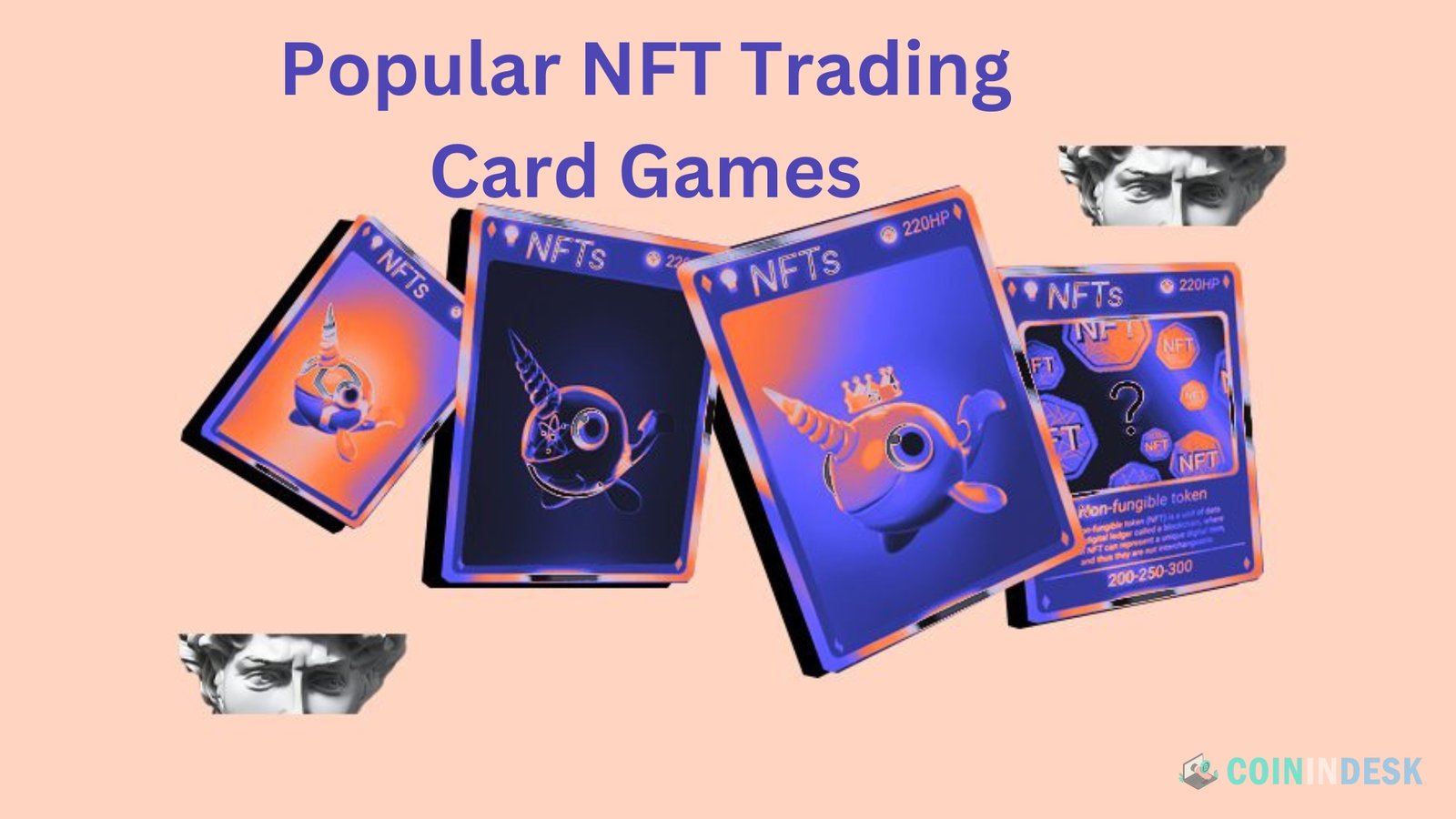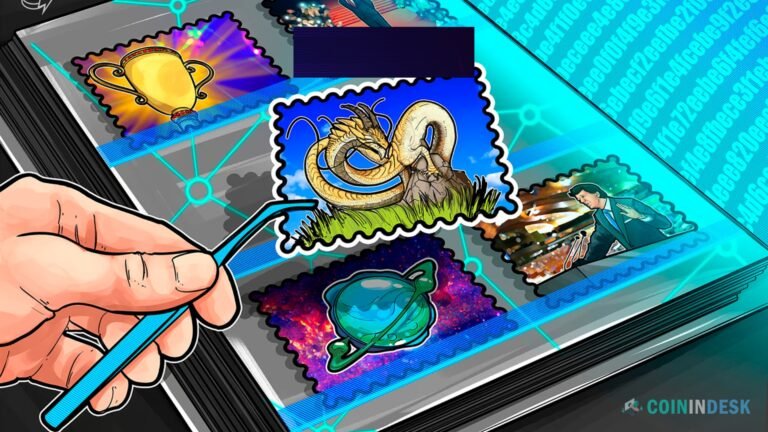NFT Trading Card Games: The world of trading card games (TCGs) has been vibrant and dynamic for decades, with fans passionately collecting, trading, and battling with their favorite cards. Traditionally, these games relied on physical cards, often leading to rare, valuable pieces that could fetch high prices in secondary markets. However, blockchain technology and non-fungible tokens (NFTs) have transformed this landscape, giving rise to a new era of digital trading card games. NFT trading card games are revolutionizing how players collect, trade, and interact with their cards, offering unprecedented ownership, scarcity, and a global marketplace.
What Are NFT Trading Card Games?
NFT trading card games are digital games where the cards are NFTs—unique digital assets stored on a blockchain. Unlike traditional digital cards, which are images or data in a game, NFTs represent true ownership. Each card is a one-of-a-kind (or limited edition) asset that players own, trade, or sell as they see fit. The blockchain ensures that every card’s history, from creation to current ownership, is immutable and transparent.
The most significant difference between NFT trading card games and their traditional counterparts lies in the ownership and transferability of the cards. The cards are locked within the game’s ecosystem in a typical digital TCG. Players can’t trade or sell their cards outside the game’s marketplace, and the game’s publisher retains control over the card’s availability. With NFT-based games, players have complete control. They can trade cards on external marketplaces, hold them in their digital wallets, or even use them in other compatible games.
Key Benefits of NFT Trading Card Games
True Ownership and Scarcity
In traditional digital card games, players might have rare or unique cards often tied to the game’s servers and databases. If the game shuts down, players lose access to their collections. With NFTs, players genuinely own their cards. They exist on the blockchain, independent of any single game. This means the cards remain, preserving their value even if a game ceases.
Interoperability
One of the most exciting prospects of NFT trading card games is interoperability—the ability to use your NFT cards across different games or platforms. Imagine having a powerful card in one game and using it in another completely different game. This concept is still in its early stages but represents a revolutionary shift in how digital assets can be utilized.
Decentralized Marketplaces
Traditional TCGs often have centralized marketplaces controlled by the game developers. With NFTs, trading can occur on decentralized marketplaces, allowing for a global trading ecosystem. This leads to fairer prices, greater liquidity, and the ability for players to sell their cards at any time without restrictions imposed by the game developers.
Provable Rarity
NFTs are stored on the blockchain, where their rarity and ownership history are transparent and verifiable. This ensures that when a game claims a card is rare, it truly is. Collectors can verify the total supply of a card and its historical ownership, adding a layer of trust and value to the collecting process.
Play-to-Earn Opportunities
The rise of play-to-earn (P2E) mechanics has been a significant trend in the gaming industry, and NFT trading card games are at the forefront of this movement. Players can earn NFTs by playing the game, which they can sell on the open market. This model has opened up new revenue streams for gamers and has the potential to disrupt traditional gaming monetization methods.
Popular NFT Trading Card Games
Gods Unchained
One of the most well-known NFT trading card games, Gods Unchained combines the strategic depth of traditional TCGs with blockchain technology. Players own their cards as NFTs and can trade them freely on various marketplaces. The game is known for its rich lore, competitive gameplay, and the ability to earn valuable cards through play.
Splinterlands
Splinterlands is another popular NFT TCG that has gained a large following. The game features fast-paced battles and a diverse set of cards representing different factions and abilities. Players can earn rewards by participating in battles, completing quests, and participating in tournaments. The game’s economy is driven by its in-game currency, DEC, which can be used to buy, sell, and trade cards.
Sorare
While Sorare is technically a fantasy football game, it operates as an NFT trading card game where players collect and trade digital cards representing real-world football players. The game has partnered with major football clubs worldwide, making it a significant player in the NFT sports card market. The cards can be used to participate in fantasy leagues, and their value is influenced by the real-world performance of the players they represent.
Skyweaver
Skyweaver is an NFT TCG that offers deep strategic gameplay and a vibrant, player-driven economy. The game features a unique drafting system and a wide range of cards, each with distinct abilities. Players can earn and trade NFT cards, with the potential for significant financial rewards.
Challenges and Considerations
While NFT trading card games offer numerous benefits, they are not without challenges. The primary concerns include:
- Environmental Impact: The energy consumption of blockchain networks, particularly proof-of-work (PoW) systems like Ethereum, has raised concerns about the environmental impact of NFTs. However, many NFT projects are moving towards more eco-friendly alternatives, such as proof-of-stake (PoS) blockchains, which are significantly reducing energy consumption.
- Market Volatility: The value of NFT cards can be highly volatile, with prices subject to rapid changes based on market trends, game popularity, and broader cryptocurrency market fluctuations. Players and investors must be aware of the risks of trading NFTs.
- Regulatory Uncertainty: The legal landscape for NFTs is still evolving. Questions around intellectual property, taxation, and ownership rights are being actively debated, and future regulations could impact how NFT trading card games operate.
- Accessibility: While NFTs have the potential to democratize gaming, the current entry barriers can be high. Many games require players to purchase initial NFT cards or cryptocurrency, which can be prohibitive for new players.
Conclusion
NFT trading card games represent a fascinating intersection of gaming, collectibles, and blockchain technology. They offer players true ownership of their digital assets, the ability to trade freely on global marketplaces, and the potential to earn real value through gameplay. While challenges remain, the growth of NFT trading card games shows no signs of slowing down. Lastly, As technology advances and the gaming community continues to embrace these innovations, NFT TCGs could become a cornerstone of the gaming industry, blending traditional card games’ excitement with the digital world’s limitless possibilities.


